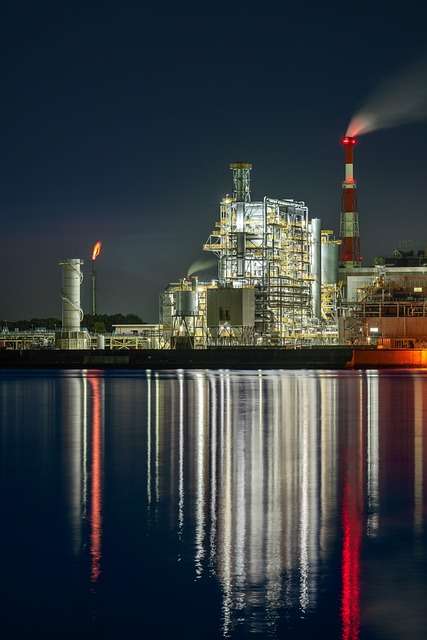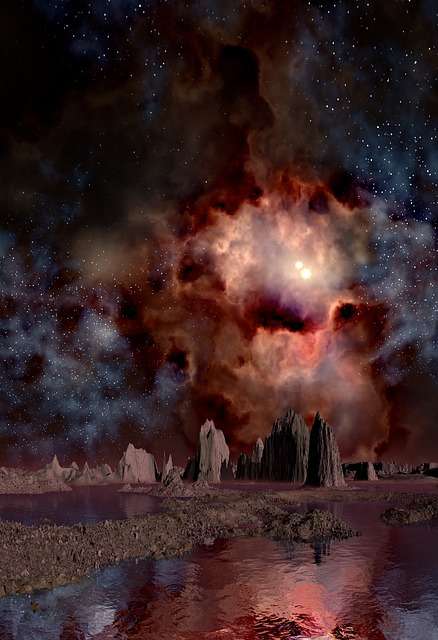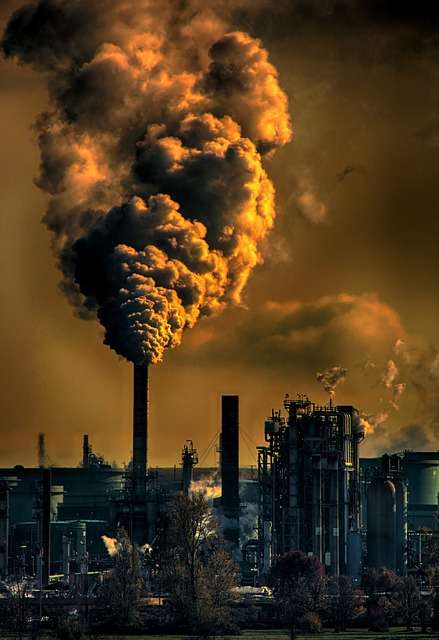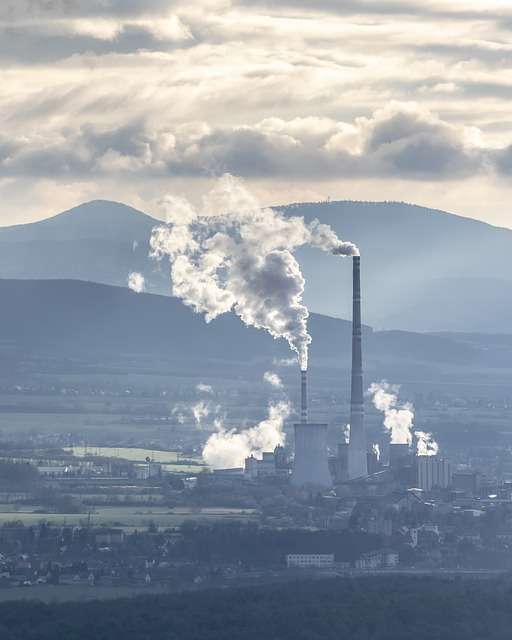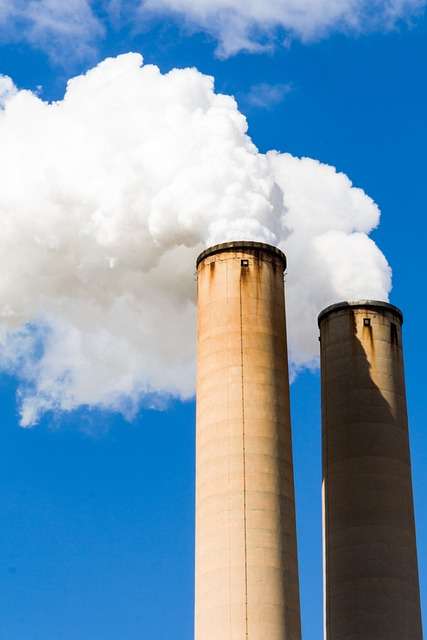When Is the Best Time to Switch to Natural Gas?
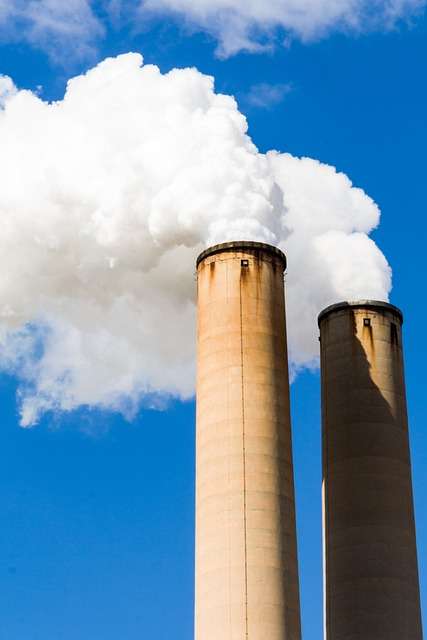
August 17, 2023
Natural gas
Natural gas is a fossil fuel that primarily consists of methane (CH4), along with smaller amounts of other hydrocarbons and impurities. It is formed over millions of years from the remains of ancient marine organisms and plant matter that were subjected to heat and pressure deep within the Earth's crust. Here are some key points about natural gas:
Nasdaq composition:
Natural gas is mostly composed of methane, which has a chemical formula of CH4. It also contains smaller amounts of other hydrocarbons such as ethane (C2H6), propane (C3H8), and butane (C4H10). Additionally, it can have trace amounts of nitrogen, carbon dioxide, sulfur compounds, and other impurities.
Extraction:
Natural gas is extracted from beneath the Earth's surface through drilling wells. It can be found in reservoirs alongside oil deposits or trapped within porous rock formations.
Uses: Natural gas has various applications, including:
Heating: It's used for residential and industrial heating purposes.
Electricity Generation: Natural gas is burned to generate electricity.
Industrial Processes: Many industries use it as a fuel and feedstock for chemical processes.
Transportation: Some vehicles can run on compressed natural gas (CNG).
Cooking: In homes and restaurants, natural gas is used for cooking.
Fertilizer Production: It's a feedstock for the production of ammonia-based fertilizers.
Cleaner Burning: Compared to coal and oil, natural gas generally produces fewer emissions when burned. It releases less carbon dioxide (CO2), sulfur dioxide (SO2), and other pollutants.
Environmental:
While natural gas is considered a cleaner-burning fossil fuel, its extraction, transportation, and potential for methane leaks can have environmental impacts. Methane is a potent greenhouse gas that can contribute to global warming.
Liquified Natural Gas (LNG):
Natural gas can be cooled to very low temperatures, turning it into a liquid (LNG), which is easier to transport and store. This process reduces its volume significantly, making it practical for international trade.
Production:
Many countries have significant natural gas reserves, with major producers including the United States, Russia, Iran, and Qatar.
Infrastructure development finance:
Natural gas requires a pipeline infrastructure for transport. This infrastructure includes pipelines, processing plants, compressor stations, and storage facilities.
Price Volatility:
Natural gas prices can be influenced by factors like supply and demand, weather conditions, geopolitical events, and changes in technology.
Renewable Energy:
As the world moves toward cleaner and more sustainable energy sources, the role of natural gas is being scrutinized. Some view it as a transitional fuel, while others advocate for a faster shift to renewable energy sources.
Natural gas has played a significant role in global energy consumption, but its future role is subject to ongoing discussions and considerations regarding climate change, environmental impacts, and the transition to renewable energy sources.
